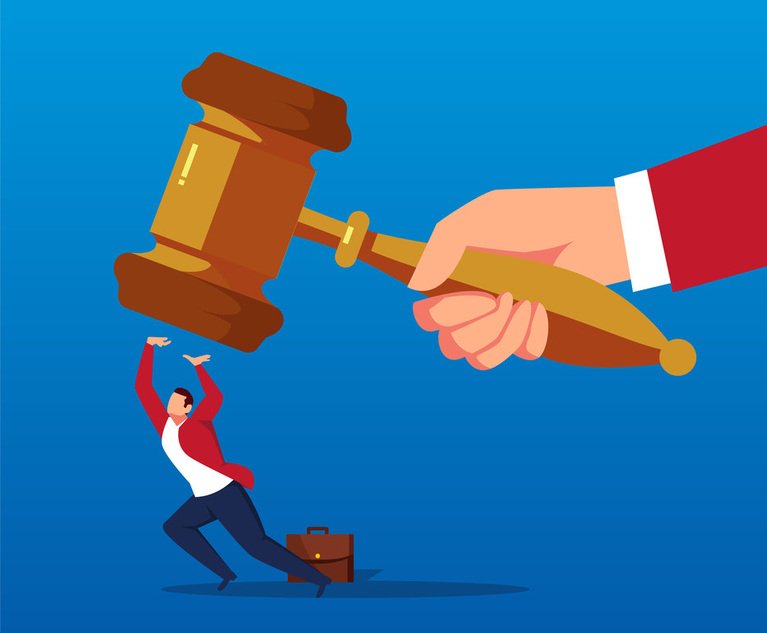It was the slap heard around the legal world when a Manhattan judge fined two lawyers $5,000 for giving him a legal brief full of fictional cases and citations, courtesy of ChatGPT. He further humbled the attorneys by ordering them to send copies of his opinions to the very real judges whose names made it into the filing. But while U.S. District Judge Kevin Castel said the incident “promotes cynicism about the legal profession,” he also noted there’s “nothing inherently improper about using a reliable artificial intelligence tool for assistance.”
Therein lies the rub. Sanctions aside, it’s clear ChatGPT is here to stay—the dramatic time and cost savings it can produce assures its future. What this case highlights is that law firms can no longer afford to just “consider” generative AI. Employees—particularly younger ones—are eager to integrate tools like ChatGPT into their workflows. Legal leaders need to act fast, not to forbid the technology, but to implement guidelines that’ll ensure it’s used safely and provides a foundation to harness the full and future power of generative AI.


 Credit: wei/Adobe Stock
Credit: wei/Adobe Stock




